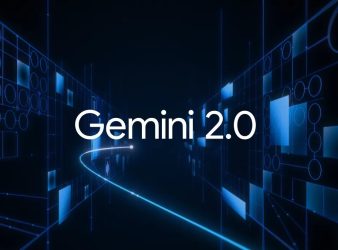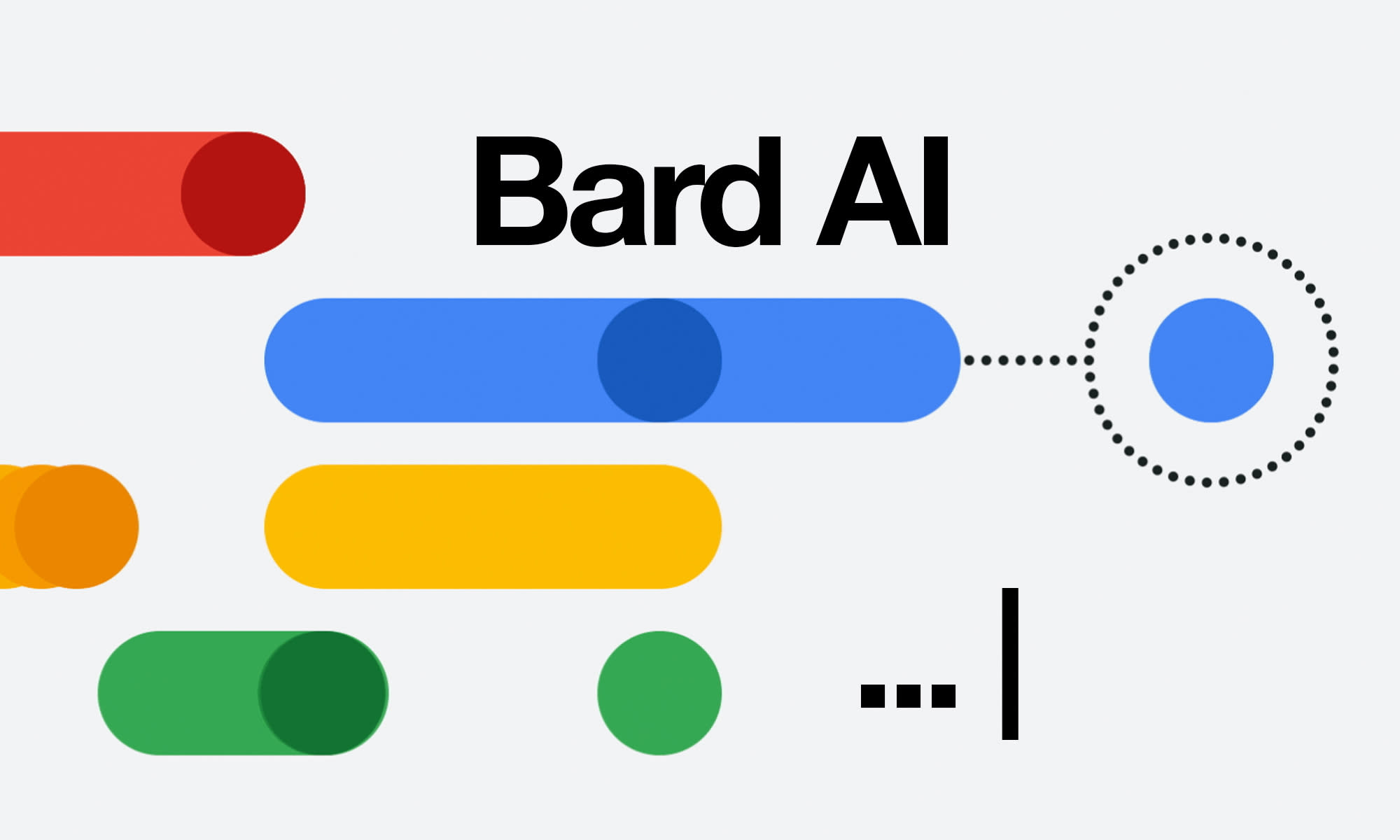==============================================
About the Author
By Ryan Daws|December 11, 2024https://twitter.com/gadget_ryCategories: Applications, Artificial Intelligence, Companies, Development, Google, Machine Learning, Virtual Assistants,Ryan Daws is a senior editor at TechForge Media with over a decade of experience in crafting compelling narratives and making complex topics accessible. His articles and interviews with industry leaders have earned him recognition as a key influencer by organisations like Onalytica. Under his leadership, publications have been praised by analyst firms such as Forrester for their excellence and performance. Connect with him on X (@gadget_ry), Bluesky (@gadgetry.bsky.social), and/or Mastodon (@gadgetry@techhub.social)
Google CEO Sundar Pichai Announces Gemini 2.0
Google’s ambitious plan to revolutionise AI has taken a significant leap forward with the launch of Gemini 2.0, a model that represents the next step in the company’s mission to make information more accessible and useful.
The Journey so Far
A year ago, Google introduced Gemini 1.0, its first natively multimodal AI model. This initial iteration excelled at understanding and processing text, video, images, audio, and code. Its enhanced 1.5 version became widely adopted by developers for its long-context understanding, enabling applications such as the productivity-focused NotebookLM.
The Dawn of an Agentic Era
With Gemini 2.0, Google aims to accelerate the role of AI as a universal assistant capable of native image and audio generation, better reasoning across domains, and more seamless interactions with humans. Pichai reiterated the company’s commitment to responsible development, stating, "We firmly believe that the only way to build AI is to be responsible from the start."
Key Features of Gemini 2.0
Gemini 2.0 boasts several key features that set it apart from its predecessor:
- Native Image and Audio Generation: Gemini 2.0 can generate images and audio in response to natural language input, opening up new possibilities for applications such as virtual assistants, customer service chatbots, and even interactive storytelling.
- Improved Reasoning Across Domains: Gemini 2.0’s enhanced reasoning abilities enable it to better understand the context of user queries and provide more accurate responses across various domains.
- Seamless Interactions with Humans: Gemini 2.0 is designed to have near-human conversational latency, making interactions feel more natural and intuitive.
Applications and Use Cases
Gemini 2.0 has a wide range of potential applications, including:
- Virtual Assistants: Gemini 2.0 can be integrated into virtual assistants like Google Assistant or Amazon Alexa to provide more advanced services such as image recognition, audio generation, and personalized recommendations.
- Customer Service Chatbots: Gemini 2.0’s improved reasoning abilities enable it to better understand customer queries and provide more accurate responses, reducing the need for human intervention in customer service chatbots.
- Interactive Storytelling: Gemini 2.0 can generate images and audio in response to natural language input, enabling new possibilities for interactive storytelling applications such as virtual reality experiences or interactive books.
Addressing Responsibility in AI Development
As AI capabilities expand, Google emphasizes the importance of prioritising safety and ethical considerations. Gemini 2.0 underwent extensive risk assessments, bolstered by the Responsibility and Safety Committee’s oversight to mitigate potential risks. Additionally, its embedded reasoning abilities allow for advanced ‘red-teaming,’ enabling developers to evaluate security scenarios and optimise safety measures at scale.
Conclusion
The launch of Gemini 2.0 marks a significant milestone in Google’s mission to revolutionise AI. With its enhanced features and wide range of applications, Gemini 2.0 has the potential to transform interactions across various domains. As Pichai reaffirmed, "We firmly believe that the only way to build AI is to be responsible from the start."
Related Articles
- Machine unlearning: Researchers make AI models ‘forget’ data
- Want to learn more about AI and big data from industry leaders? Check out AI & Big Data Expo taking place in Amsterdam, California, and London.
- Explore other upcoming enterprise technology events and webinars powered by TechForge here.



